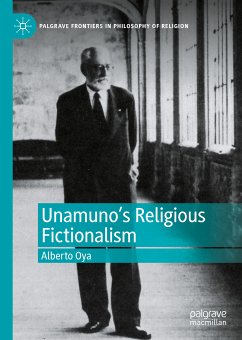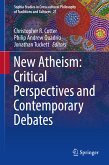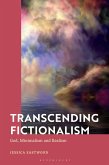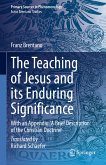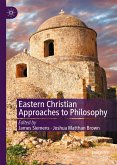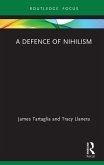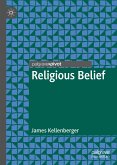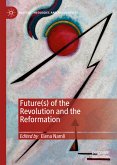This book provides a coherent and systematic analysis of Miguel de Unamuno's notion of religious faith and the reasoning he offers in defense of it. Unamuno developed a non-cognitivist Christian conception of religious faith, defending it as being something which we are all naturally lead to, given our (alleged) most basic and natural inclination to seek an endless existence. Illuminating the philosophical relevance this conception still has to contemporary philosophy of religion, Oya draws connections with current non-cognitivist notions of religious faith in general, and with contemporary religious fictionalist positions more particularly.
The book includes a biographical introduction to Miguel de Unamuno, as well as lucid and clear analyses of his notions of the 'tragic feeling of life', his epistemological paradigm, and his naturally founded religious fictionalism. Revealing links to current debates, Oya shows how the works of Unamuno are still relevant andenriching today
Dieser Download kann aus rechtlichen Gründen nur mit Rechnungsadresse in A, B, BG, CY, CZ, D, DK, EW, E, FIN, F, GR, HR, H, IRL, I, LT, L, LR, M, NL, PL, P, R, S, SLO, SK ausgeliefert werden.

